
Admin Notes
by Dr. Gwyn Underwood, Superintendent
As we finish up the week with only one more week before our mid-semester break, it is heartwarming to see and hear how our students doing well in both classes and school-related activities, such as ASAs and last Friday’s House Activity Day (HAD). Please enjoy the various report below from representative classes and events!
SEL Competencies: Self-Awareness and Self-Management
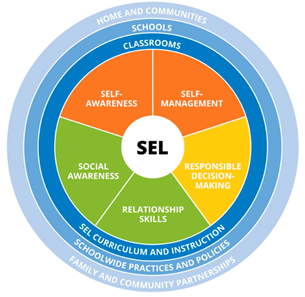 The Collaborative for Academic, Social, and Emotional Learning (CASEL) framework introduced in a previous Newsflash article indicated five broad, interrelated areas of competence: self-awareness, self-management, social awareness, relationship skills, and responsible decision-making.
The Collaborative for Academic, Social, and Emotional Learning (CASEL) framework introduced in a previous Newsflash article indicated five broad, interrelated areas of competence: self-awareness, self-management, social awareness, relationship skills, and responsible decision-making.
These “CASEL 5” competencies can be “taught and applied at various developmental stages from childhood to adulthood and across diverse cultural contexts to articulate what students should know and be able to do for academic success, school and civic engagement, health and wellness, and fulfilling careers.”
This week, we will be highlighting the attributes of two of the CASEL 5. As we reflect on our week and prepare for next week, we encourage you to take some time to go over these competencies, and consider:
- To what extent am I (and/or my child/ren) aware of, and understand, these areas?
- What can I (and/or my child/ren) do to recognize what behaviors I can choose to develop my competencies in these areas?
SELF-AWARENESS:
The abilities to understand one’s own emotions, thoughts, and values and how they influence behavior across contexts. This includes capacities to recognize one’s strengths and limitations with a well-grounded sense of confidence and purpose. Such as:
- Integrating personal and social identities
- Identifying personal, cultural, and linguistic assets
- Identifying one’s emotions
- Demonstrating honesty and integrity
- Linking feelings, values, and thoughts
- Examining prejudices and biases
- Experiencing self-efficacy
- Having a growth mindset
- Developing interests and a sense of purpose
SELF-MANAGEMENT:
The abilities to manage one’s emotions, thoughts, and behaviors effectively in different situations and to achieve goals and aspirations. This includes the capacities to delay gratification, manage stress, and feel motivation & agency to accomplish personal/collective goals. Such as:
- Managing one’s emotions
- Identifying and using stress-management strategies
- Exhibiting self-discipline and self-motivation
- Setting personal and collective goals
- Using planning and organizational skills
- Showing the courage to take initiative
PTA Matters
Please join us for our September virtual Parent Coffee Meeting next week, 29 September from 9-10 am. (The meeting link will be emailed to our registered email address prior to the meeting.)
We will be forming our PTA Board for the year, looking at our classroom parent reps and a WhatsApp group system, and providing time for discussions and any questions you might have!
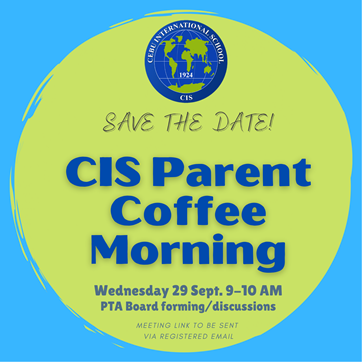
Grade 5 Philippine Language and Culture Class
by Ms. Freshal Abcede, Grade 5 PLC Teacher
The Art of Weaving
In our unit How We Express Ourselves, the Grade 5 students have been learning about the different traditional arts in the Philippines. One of the traditional arts we have been exploring is the art of weaving. The students shared that weaving highlights Filipino artistry and creativity. This kind of traditional art is a form of expression and part of the culture and heritage of the Filipino people.
The students made their basket-weaving out of paper with the colors, patterns, and styles they chose. This activity helped the students better understand how weaving culture is distinct among the various Filipino indigenous people. The experience of doing the weaving process made them realize that weaving may differ and be distinct but it has the power to unite people.
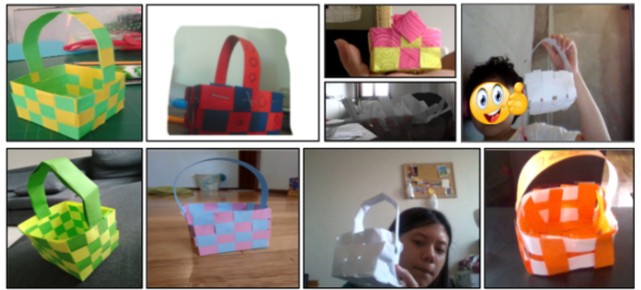
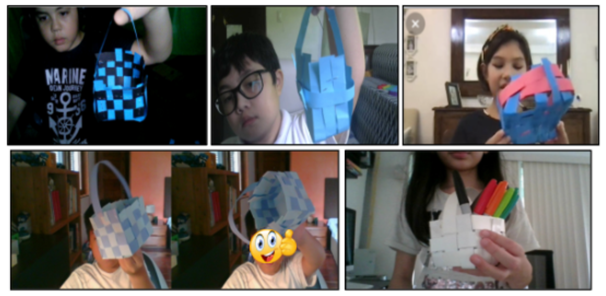
KG1 Class
by Ms. Belen Tubilan and Ms. Claudette Colinares, KG1 Teachers
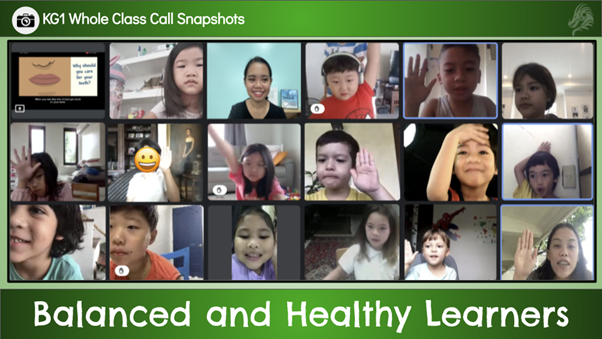 In our Unit, Who We Are, our KG1 students have been inquiring about how our daily choices and routines help us be balanced and healthy. We identified the four pillars of a balanced and healthy life. These are having a balanced meal, sleep and exercise, hygiene, and a positive attitude.
In our Unit, Who We Are, our KG1 students have been inquiring about how our daily choices and routines help us be balanced and healthy. We identified the four pillars of a balanced and healthy life. These are having a balanced meal, sleep and exercise, hygiene, and a positive attitude.
We named our favorite food and sorted it into five groups: fruits, vegetables, grains, proteins, and dairy. We planned our healthy meals and made breakfast together. We shared the exercises we do at home and what our bedtime routines are. To connect this to literacy, we made a book about our habits at home, including practices during bedtime, brushing teeth, and washing hands. We also learned about hygiene and its importance. We experimented with soap and pepper to prove how washing our hands can make germs disappear. We have also been learning alongside our friends, Katie and Mojo. Their experiences help us to reflect and think about how we can develop a growth mindset.
We are very impressed with how our KG1 students demonstrated their understanding of their new knowledge and skills!
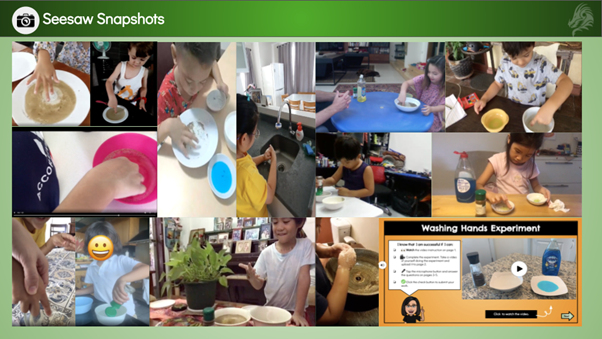
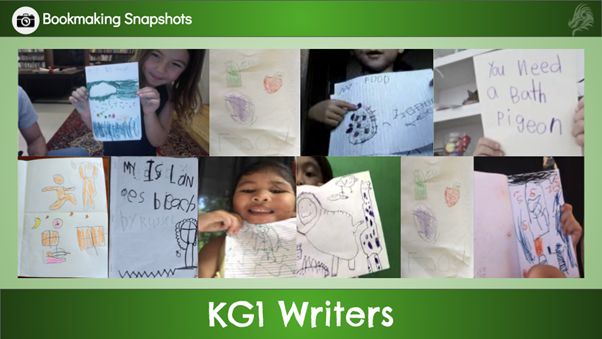
IB Math Class
by Mr. Nick Arnsby, IB DP Math Teacher
Paying it Forward is one of my favourite films. As a teacher (and a human) it inspires me. Simply put “paying it forward” is when someone does something for you, and instead of paying that person back directly, you pass it on/forward; ideally to more than one person. Personally I see this mantra as a mechanism to create a utopian society and a life that we deserve. This theme appears throughout CIS’s guiding statements to paraphrase, we believe students should positively contribute to a better world. Indeed, our ATL skill indicators of helping others to succeed and practising empathy align with this lofty goal; as does the IB Learner profile trait of being principled. I encourage my students to take a long hard look in the mirror and ask themselves how are they paying it forward? I’ll let you into a secret, CIS students never disappoint.
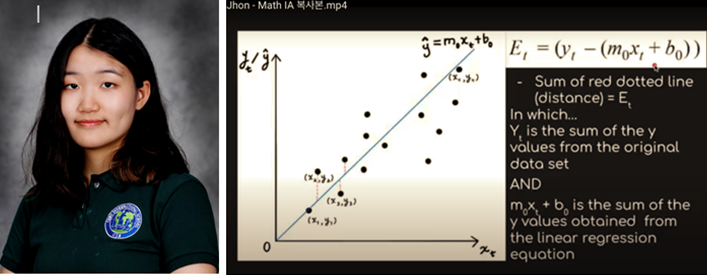
The video above from Jhon Kim is an excellent example of this philosophy. She created this instructional/reflection resource for the juniors which gives a taste of the challenging Maths Internal Assessment (IA) worth 20% of their IB diploma. The IA allows students to explore the awesome power and beauty of Maths by applying it to a real life situation that intrigues them.
Jhon modelled tuition fees for one of her prospective colleges, giving insight into her budgeting decisions. She uitilised linear and quadratic regression techniques. However, Jhon did not just want to use the linear regression formula (we’re far too curious to rely on another person’s formula), she derived it from scratch using calculus (partial derivatives), and then used matrices to solve the normal equations generated. All of which are beyond the rigour of this course. I’m sure Maths savvy parents will be impressed by this video and the copy of her full IA.
“We make a living by what we get, but we make a life by what we give.”…….Winston Churchill
“Together, we can change the world, one good deed at a time.”…… Ron Hall.
Grade 6-7 Science
by Ms. Haydee Montero, Grade 7 Science Teacher
Grade 7 Science Class
Introduction to The Changes that Rock the Scientific World!
In search of evidence and patterns as the related concepts covered in Unit 1: The Changes that Rock the Scientific World, the Grade 7 students went off to explore Matter. They were exploring concepts on What makes up Matter? while they Built an Atom and gained an understanding of how temperature and heat change on the Heating & Cooling Curve Diagram, which shows the Phase Change of Matter to be a Physical Change only.
Build an Atom emphasizes the idea that all matter is made up of atoms. While noticing some patterns, the students were brought to “Aha” moments through their explorations. Here’s what a few shared:
When adding protons one by one, it will change elements. The number of protons (atomic number) determines the element in the periodic table. – Hinata
The net charge can be determined from the number of protons and electrons. More protons mean a positive charge, while more electrons make it negative. – – Chloe
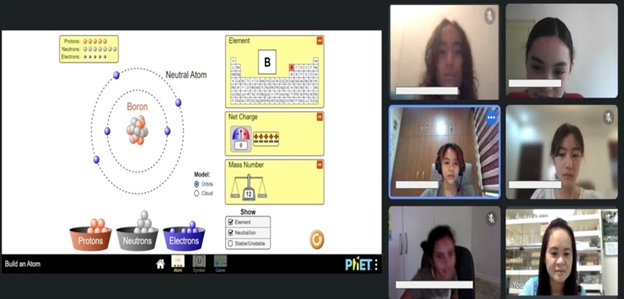
Phase Change of Matter, on the other hand, emphasizes phase change as a reversible process, hence it is only called a Physical Change. As evidenced, there was no new substance formed in any of the phase changes. Boiling Point and Melting Point as intensive properties of matter are inherent to a certain matter. From their explorations, they realized that:
The temperature of the water rose while it was being boiled. This was the process of vaporization. When reaching the boiling point the temperature doesn’t rise until the process is completed. While the water was melting the temperature also rose but stopped at its melting point. This was because to change solid to liquid the temperature had to change for it to melt. – Niño
At 0 degrees Celsius temperature and 10 (KJ) heat, the ice cube started melting. It starts to melt little by little. The temperature starts rising again when it turns into a gas. – Hana
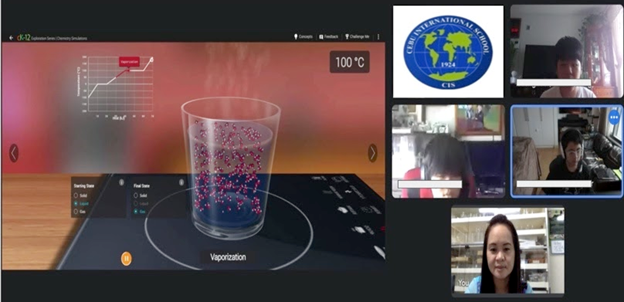
Grade 6 Science Class
How does the planet work?
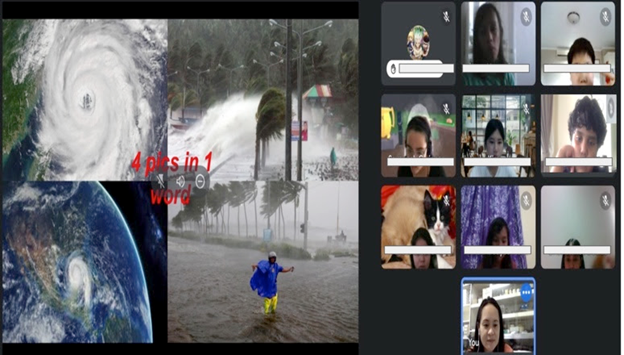 In Knowing how the planet works, the Grade 6 students explored natural calamities that occur on Earth, such as earthquakes, volcanic eruptions, landslides, tsunamis, typhoons, and many others. These are natural occurrences that play a role in shaping the Earth. Understanding these occurrences is a very important part of the mitigation of their adverse effects on humankind. Thus, understanding the Earth’s system using models and patterns of natural events helps us realize the impact of humans on the environment.
In Knowing how the planet works, the Grade 6 students explored natural calamities that occur on Earth, such as earthquakes, volcanic eruptions, landslides, tsunamis, typhoons, and many others. These are natural occurrences that play a role in shaping the Earth. Understanding these occurrences is a very important part of the mitigation of their adverse effects on humankind. Thus, understanding the Earth’s system using models and patterns of natural events helps us realize the impact of humans on the environment.
Working on the Related Concepts: Models and Patterns, the students navigated Google Sheet as they transform data into a model representation through graphs such as pie, bar, or column graphs in order to see patterns and gain a better understanding of how things work as a system based on what the patterns reveal.
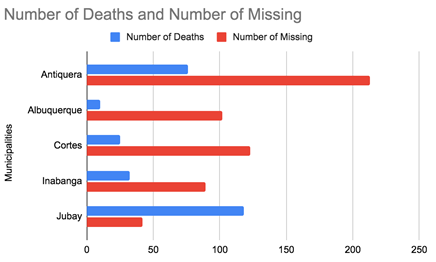
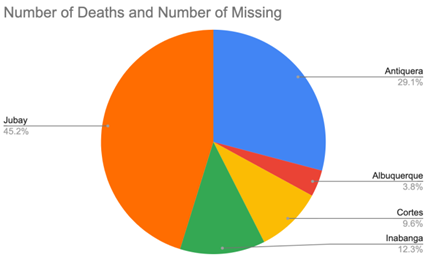
The Dragon’s Report Card
Get your ears and headphones ready because The Dragon’s Report Card is back for a second year! Meet the new voices and talent for the podcast and entice yourselves with all the exciting things coming up this year.
Dragon’s Print
Christmas in the Philippines is a treasured event, and boy do we like it early. It’s as if the world transforms at the stroke of midnight on September 1st — suddenly there’s red and green everywhere, the lights are warmer, the air is cooler, and everyone’s spirits become jollier than ever. But how did this all begin? Why does the Philippines have the world’s longest Christmas season? To find out, read more at https://dragonsprint.cis.edu.
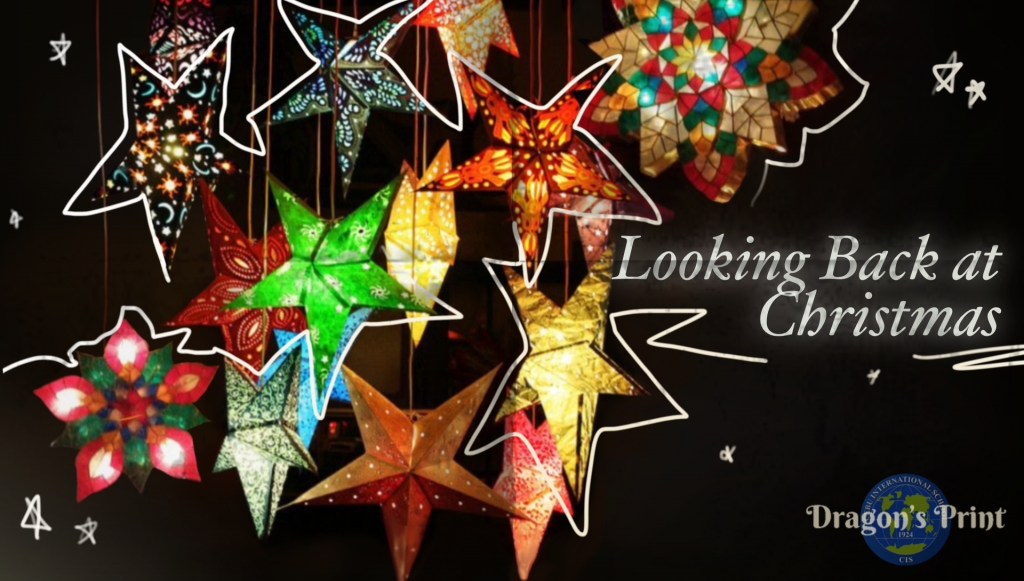
College/Careers Counselor Corner
by Ms. Jenny Basa, College/Careers Counselor
Tip of the Week
Here are a few common acronyms used in college applications:
| Acronym | Meaning |
| EA | Early Action – an early admissions process in US universities where an application is usually due Nov. 1. Admission decisions are usually released before the end of December. |
| ED | Early Decision – an early binding admission process in US universities. If a student is admitted via ED, it is expected that the student will matriculate at this university. |
| RD | Regular Decision – an admissions process usually due Jan. 1 or Jan. 15 in US universities. |
| LoR | Letter of Recommendation – a letter from a teacher or counselor that describes what a student is like in a specific class (teacher) or as part of the school community (counselor). This letter is confidential and is submitted directly to the university. |
| ToR | Transcript of Records – a list of subjects & grades earned by a student in school. Most universities require the records from Grade 9 onwards. |
Upcoming Virtual Events and Fairs (students & parents are welcome)
DATE
September 27
Monday
8:00 PM PHT
LINK to register
EVENT
Brown University, Columbia University,
University of Pennsylvania and Princeton University

Links to register
Tuesday Sept. 28
7:00AM Pacific time
Tuesday Oct. 2
9:00AM Pacific time
University of California – Los Angeles (USA)
Information Sessions: You will have the opportunity to learn more about the academic and student life at UCLA, the admission process and meet guests such as current students and alumni.
September 25
Saturday
9:00AM PHT
LINK to join
New Zealand Universities Info Session:
Auckland University of Technology
University of Auckland
University of Canterbury
University of Otago
September 25
Saturday
9:00PM
LINK to join
Alumni Chat Series: Focus on Stem Careers
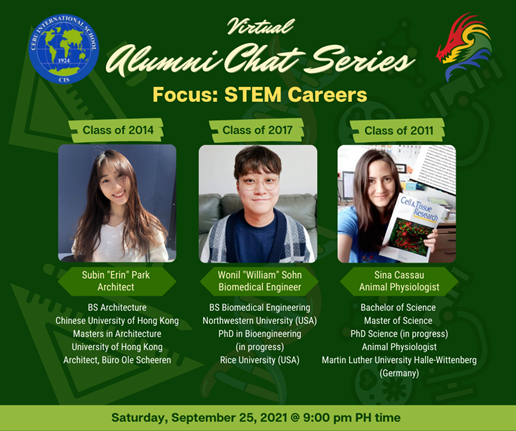
September 27
Monday
9:00 PM PH time
September 28 & 29
Tuesday & Wednesday
5:00-8:00 PM PH time
Application Review and Financial Aid at Harvard,
Pomona, Stanford and Wellesley
LINK To register
European Universities Virtual Fair 2021
• Study in Europe Live Session
• Careers in Europe Session
• Country and University Specific Sessions
•Virtual booths
•1-on-1 meeting options
Participating universities:
Bocconi University (Italy)
EHL (Switzerland)
IE University (Spain)
Jacobs University (Spain)
Karlsruhe Institute of Technology (Germany)
Modul University (Vienna)
Trinity College Dublin (Ireland)
Brussels School of Governance (Belgium)
September 30
Thursday
7:00 PM
Link to register
(zoom link will be sent after registration)
Parent Conversations: Studying Abroad
A Question/Answer session for parents to learn about the experiences of parents when their child studies abroad.
Guest Panel:
• Mr. Bernard Villamor : father of Bianca who studies at UCLA (USA)
• Mrs. Chorie Chan: mother of Andie who studies at UBC (Canda)
• Mrs. Mylene Suarez: mother of Catrina who studies at Polimoda (Italy) and Joaquin who studies at Simon Fraser University (Canada)
• Dr. Clementino Diez: father of Dominique who studies at University of Toronto (Canada)

September 30 –
October 14
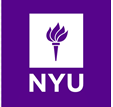
NYU Virtual Events in Southeast Asia
Link to the Registration & Schedule per Event
Topics:
• The “Why NYU?” Supplemental Essay
• Meet your NYU Rep – Southeast Asia
• Common App 101 – Southeast Asia
• Standing Out in the NYU Application Process ( 1 in 100,000)
• Selecting a Major & Professional Pathways
• High School Visit
October 5 – Tuesday
8:00 PM – LINK to join

National University of Singapore (NUS)
Information Session on:
• NUS and NUS Scale
• NUS Learning & the Campus Experience
SAT Update
The dates below indicate that registration is open. However, it is highly likely for future dates to be cancelled depending on quarantine restrictions.
| 2021-2022 Test Dates | Registration Deadline |
| August 28, 2021 | CANCELLED |
| October 2, 2021 | CANCELLED |
| December 4, 2021 | November 4, 2021 |
| March 12, 2022 | February 11, 2022 |
| May 7, 2022 | May 5, 2022 |
The Optional SAT Essay and Subject Tests have been discontinued.
To register for the SAT, you may click on this link. If you need assistance or have any questions, please feel free to email Ms. Jenny Basa at jbasa@cis.edu.ph.



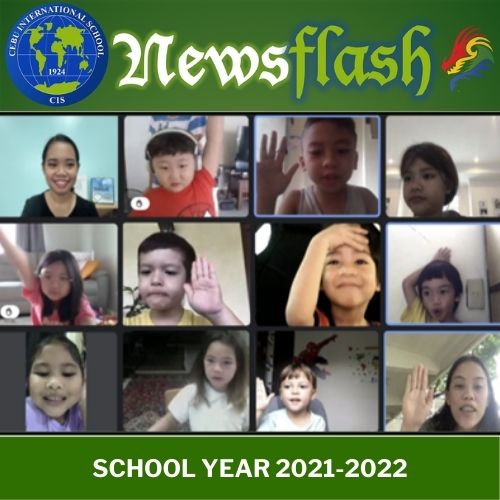
Nice 👍
[…] to the Sept. 24 and Oct. 15 Newsflash for Parts 1 and […]